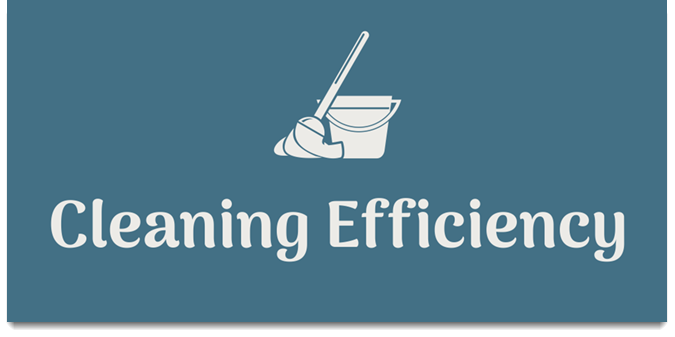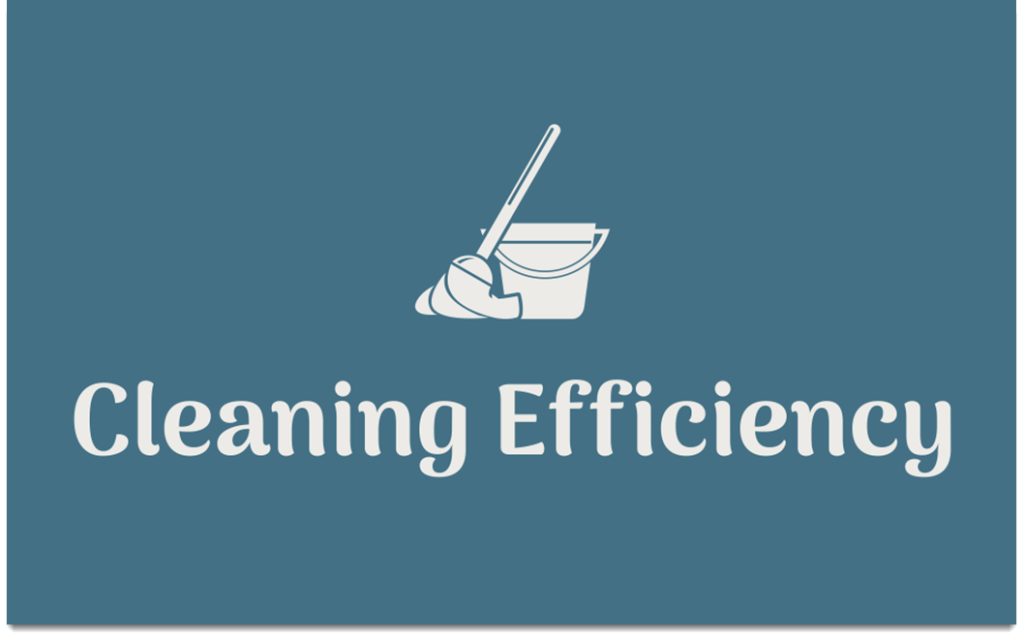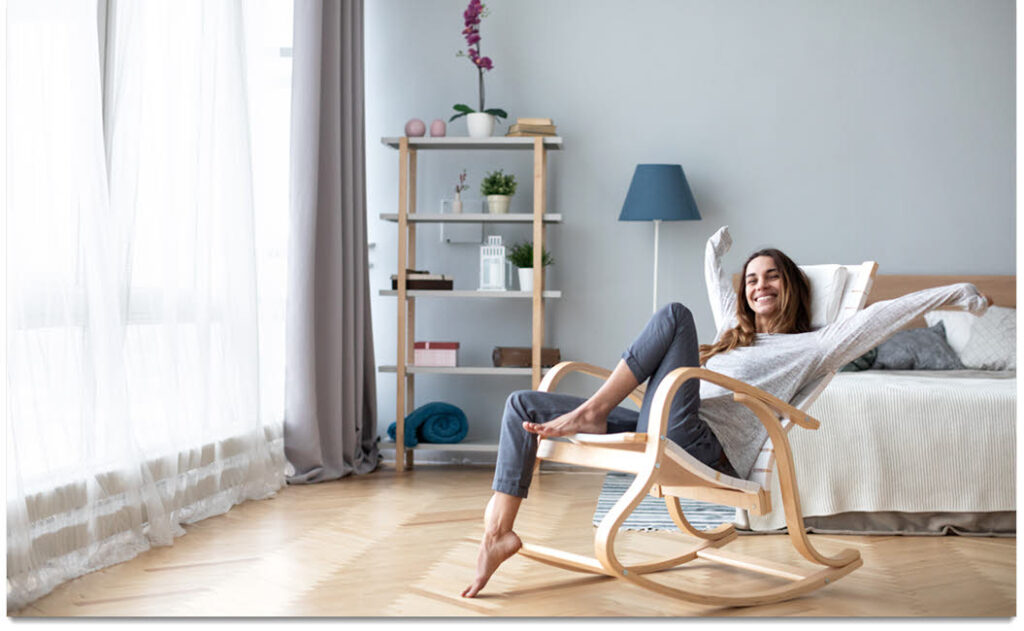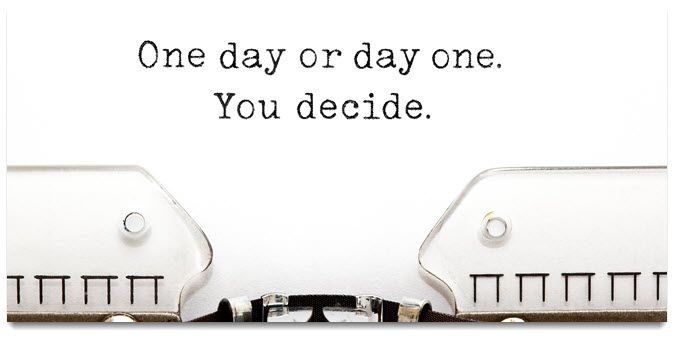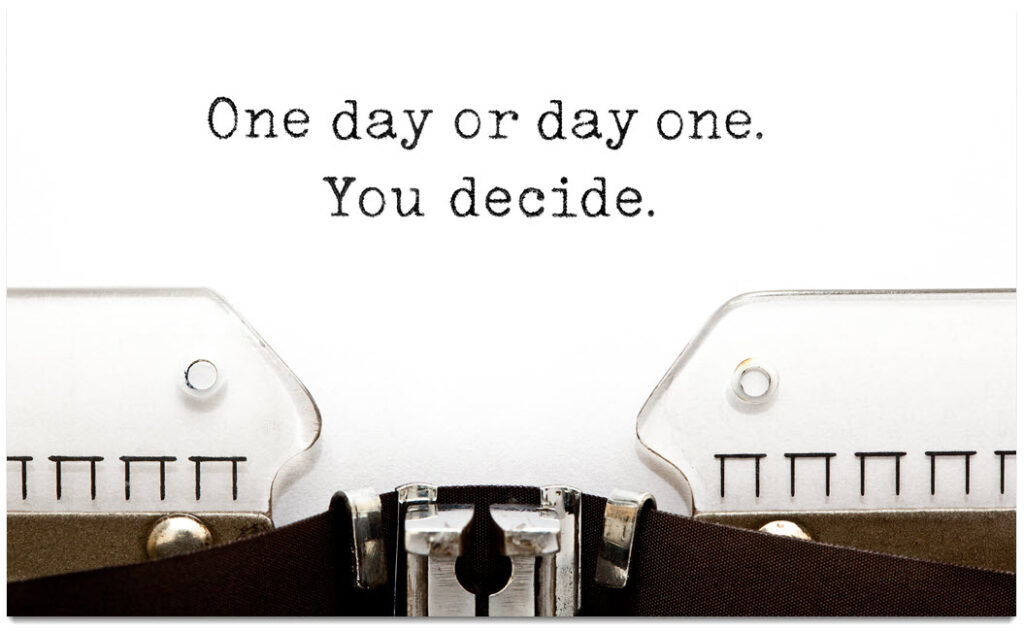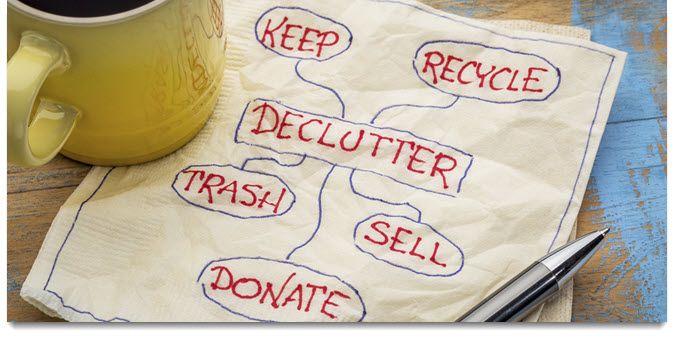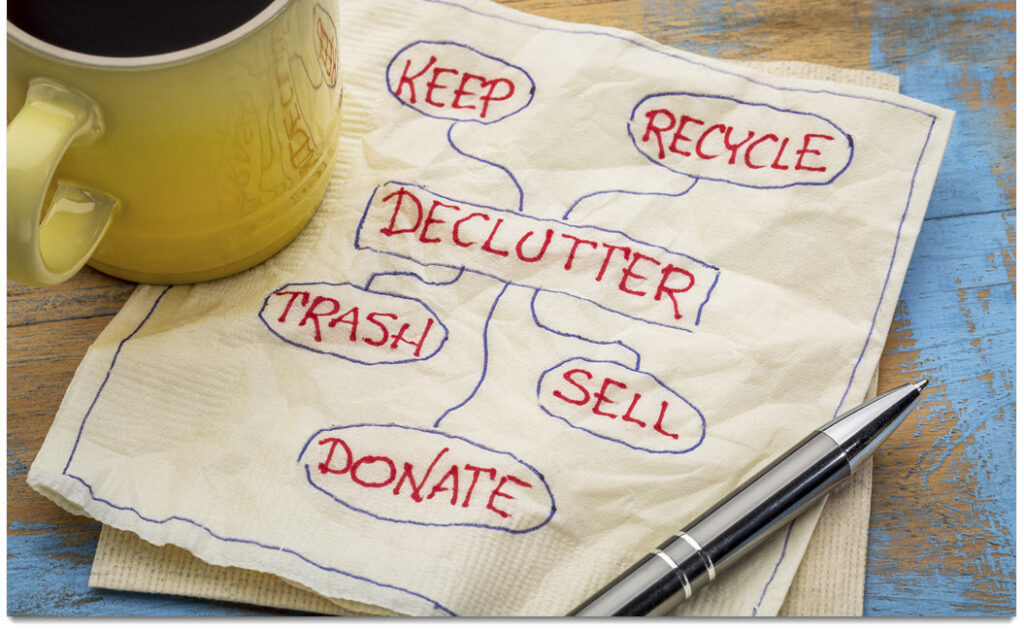The Perfect Cleaning Gifts to Spoil the Neat Freak in Your Life
Tips for Choosing the Perfect Cleaning Gift

Are you looking for the perfect cleaning gifts to surprise the clean freak in your life? You’ve come to the right place! Cleaning gifts are not only a thoughtful gesture, but a cleaning gift can also help make life easier for the recipient.
This blog will explore the different cleaning gifts available and present tips for choosing the perfect cleaning gift.
Introduction – What Are the Perfect Cleaning Gifts?
Cleaning gifts are a great way to show someone that you care about them but, most notably, that you desire to make their life easier. As a neat freak, I know how much I appreciate it when someone buys me something that simplifies my life. Cleaning gifts come in many forms, ranging from heavy-duty cleaning tools to smaller cleaning gadgets.
They can be anything that helps to make cleaning easier and more efficient.
The best cleaning gifts are practical and valuable but also thoughtful and meaningful. The best part about giving a cleaning gift is that it can be used for years – helping someone for a long time. A thoughtful cleaning gift is perfect for a clean freak in your life, as it will be both practical and thoughtful.
Benefits of Cleaning Gifts
Cleaning gifts are not only a great way to show your appreciation for someone, but it can also be incredibly practical. Cleaning gifts can also reduce the amount of time that someone spends on cleaning tasks.
For instance, if you give someone a robotic vacuum cleaner, they will not have to spend time vacuuming their home or office. A robotic vacuum cleaner can be programmed to do this home-cleaning task for them, and it can even be set to clean regularly. A clean home and the methods used to achieve it will always be appreciated.
Types of Cleaning Gifts
There are many different types of cleaning gifts that you can get for the clean freak in your life. These include cleaning tools, cleaning gadgets, and cleaning supplies. Let’s take a closer look at each of these types of gifts:
Cleaning Tools
Cleaning tools are items that are specifically designed for cleaning. These include mops, brooms, dusters, vacuums, and other cleaning items. These tools can help to make cleaning easier, faster, and more efficient.
Cleaning tools can also be used to clean difficult items (such as floors) or enable an easy way to hard-to-reach places (the overhead fan) and tight or difficult spaces (grout). For instance, a steam mop can clean floors and carpets, and a handheld vacuum can clean furniture and upholstery. A microfiber duster can clean the overhead fan, and a special grout cleaning tool helps clean grout lines.
Cleaning Gadgets
Cleaning gadgets are items designed to make cleaning easier and more efficient.
Here are a few ideas for home-cleaning gadgets that also make fine home-cleaning gifts.
Power Scrubber with Grout Head
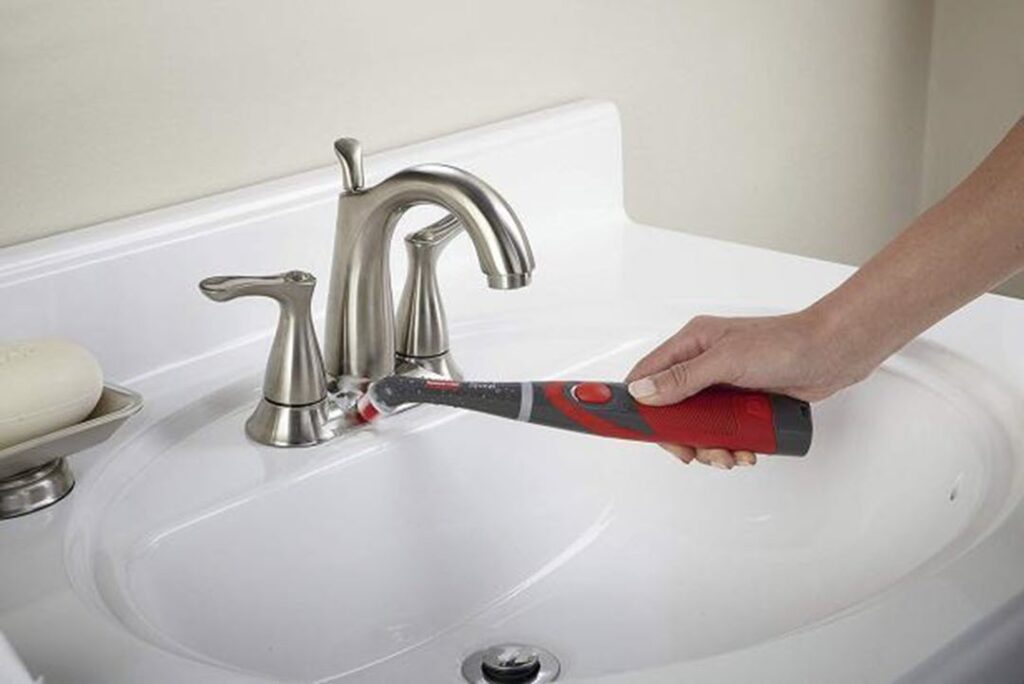
The oscillating head of a powered scrub brush can move up to 60 times per second. This oscillating movement means the scrubbing can be done for you at a faster rate than you can do it yourself. The scrubbing task becomes both easier and quicker. A power scrubber can be used around faucets and the hard-to-reach places of your sink, stove, or other fixtures to do an excellent and effective deep clean. Faster and Better!
Blinds Cleaner
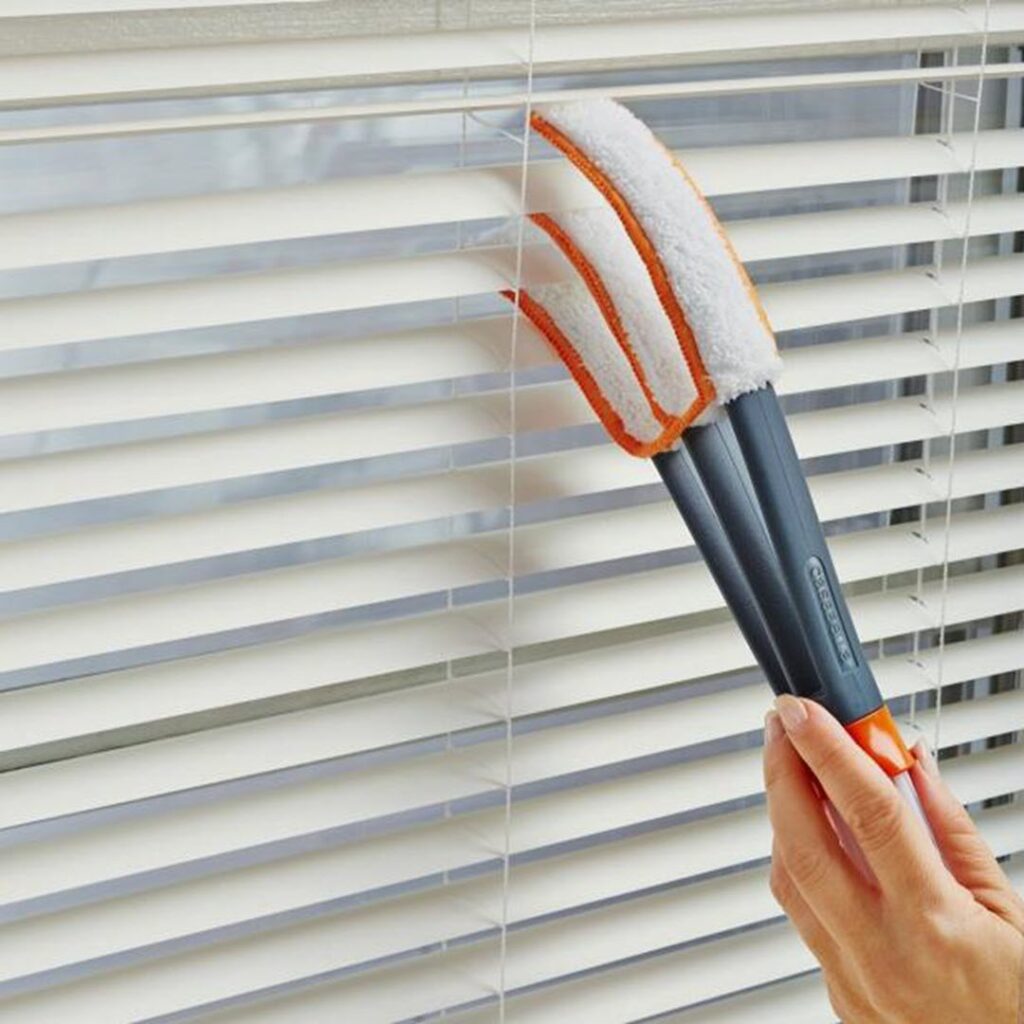
A blinds cleaner makes cleaning your blinds much simpler. The dual-ended brush tackles every part of your windows as the microfiber fingers quickly get the dust between your blinds. Moreover, the microfiber cloth can be removed and thrown in the wash to be used again and again. Your blinds will be easier to reach and clean up nicely!
Cat Litter Trapper Mat
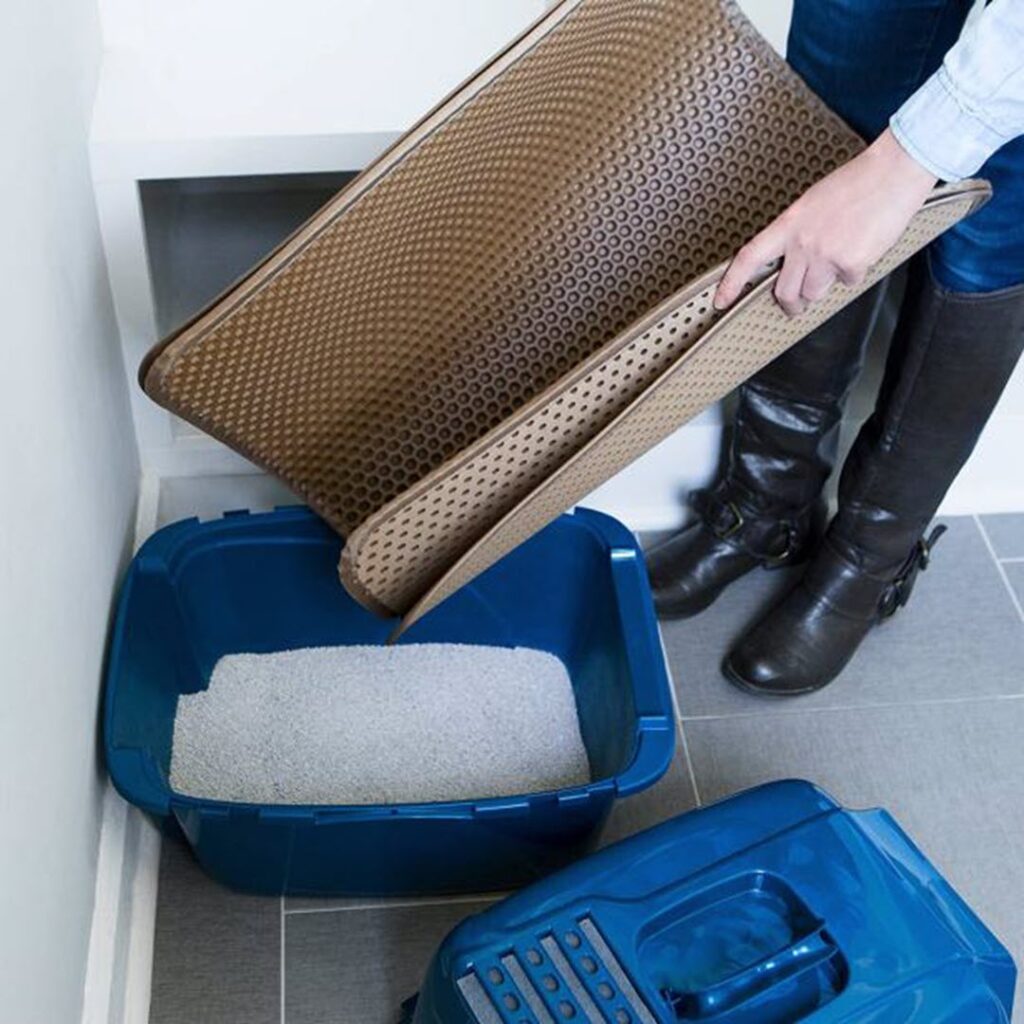
Even if you love cats, I bet you do not like scattered litter. This Cat Litter Trapper mat solves the problem. This soft, simple mat traps litter from your cat’s paws and excess litter from their box. When it’s time to clean up, simply shake the litter back into the box. Easy!
Angry Mama Microwave Cleaner
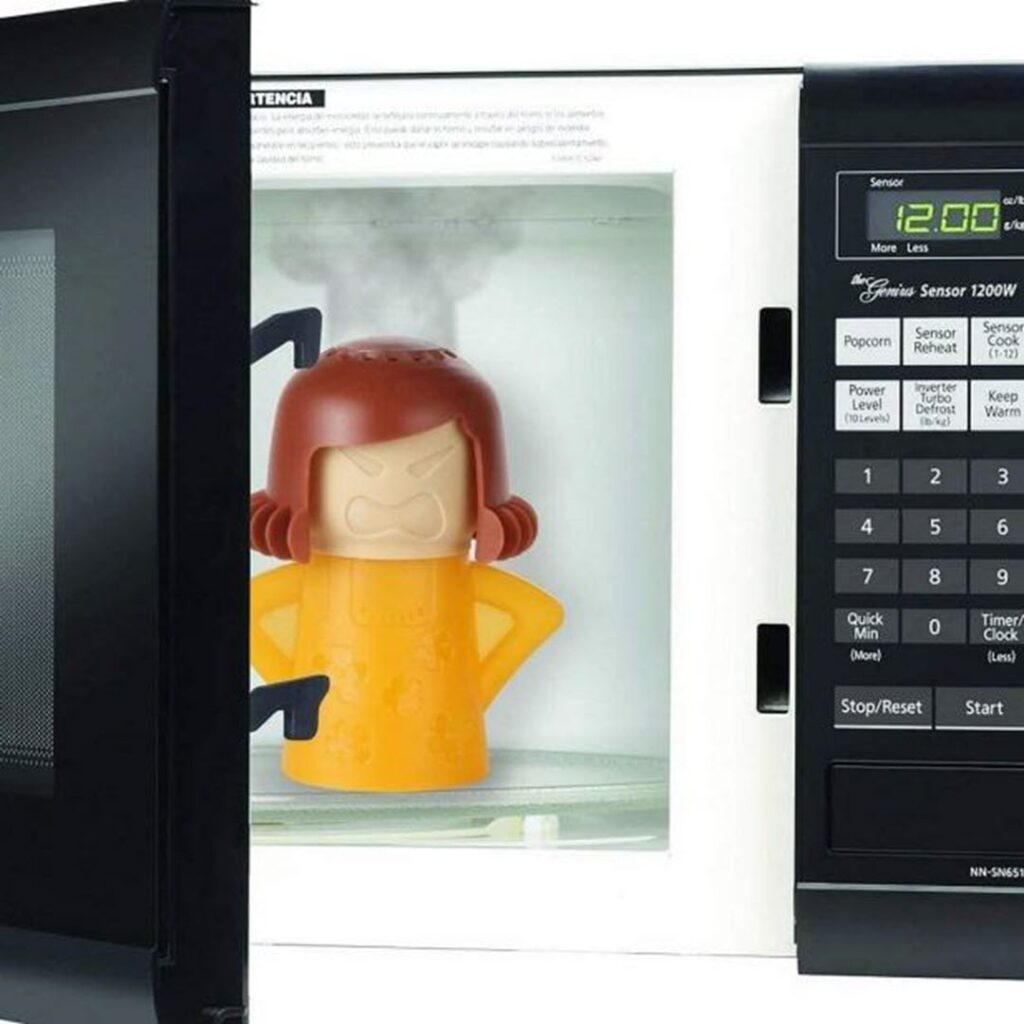
Now here is a fun and helpful cleaning gadget. Nobody likes to clean the microwave, but it can be done in seven minutes flat. Just fill this angry lady with water and vinegar and place it in the microwave. The steam produced will loosen up all the gunk and grime — afterward, just wipe with a towel. No scrubbing is required. Excellent!
Reusable Silicone Dishwashing Gloves
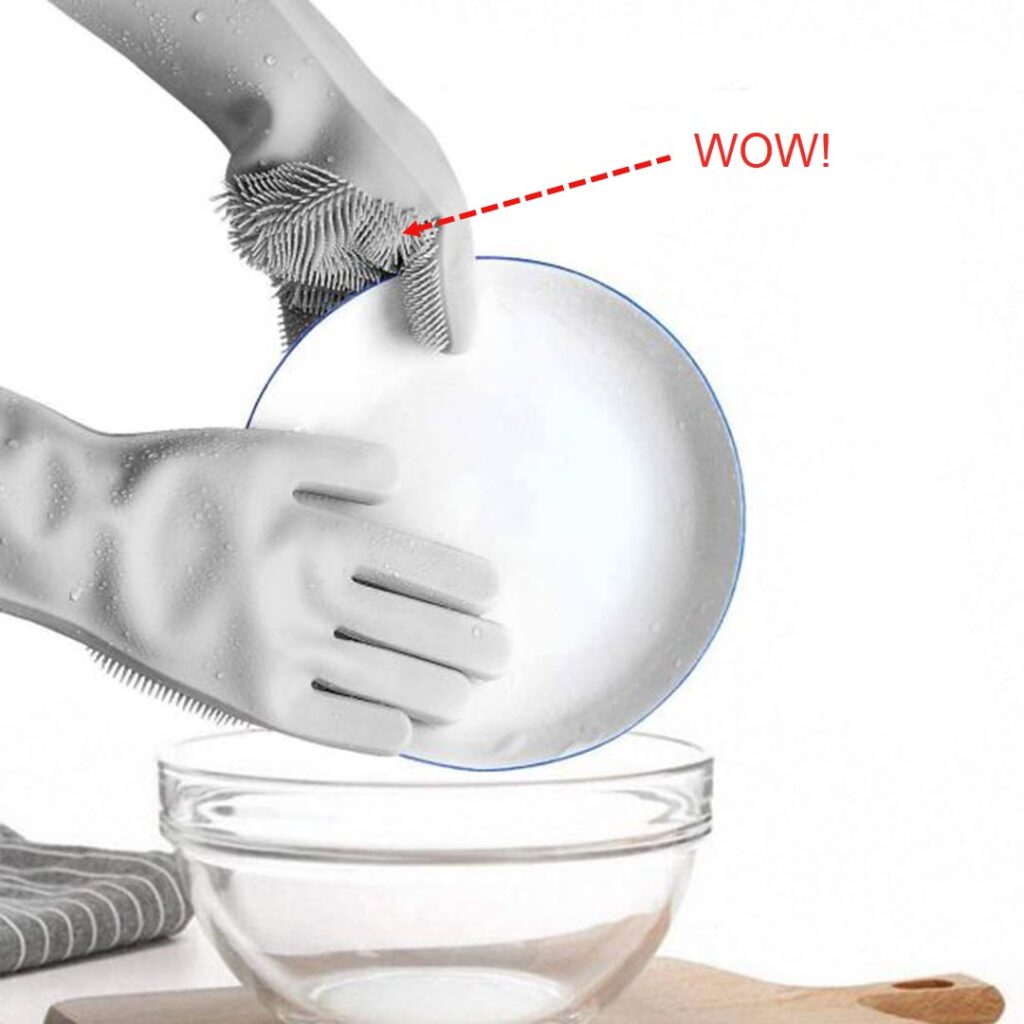
This item is not a gadget but an improvement on a standard cleaning aid that most homes have.
These BPA-free silicone gloves are better than average — what makes them stand out is the dense bristles on the palms, which you can use to clean anything from dishes to your car to your bathroom. The material doesn’t hold onto bacteria and won’t get that mildew smell over time. They even have a hanging hole, so you can hang them to dry anywhere. They’ll create a rich lather easily and are safe to put in the dishwasher for cleaning because they’re heat-resistant.
Fun fact: These gloves will come in handy when it’s time to clean your pets.
Ribbed Fridge Liners
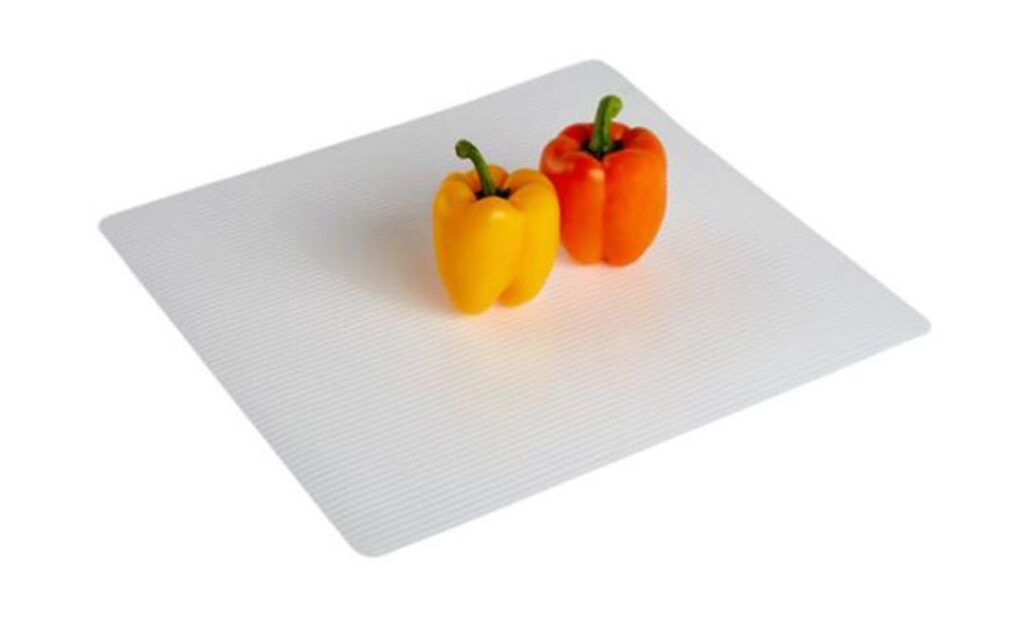
People need to clean out their fridge more often. Now’s the time if you last cleaned out your fridge a while ago. Throw out any food or produce past its expiration date and ditch all the crusty leftovers.
Empty your fridge and clean it up shelf by shelf. After it’s clean, grab a few shelf liners. The next time you tackle a fridge clean-up, you can take out all the liners and throw them in the dishwasher. You’re practically done before you start. A clean and tidy fridge is a wonder to behold!
Cleaning Caddy
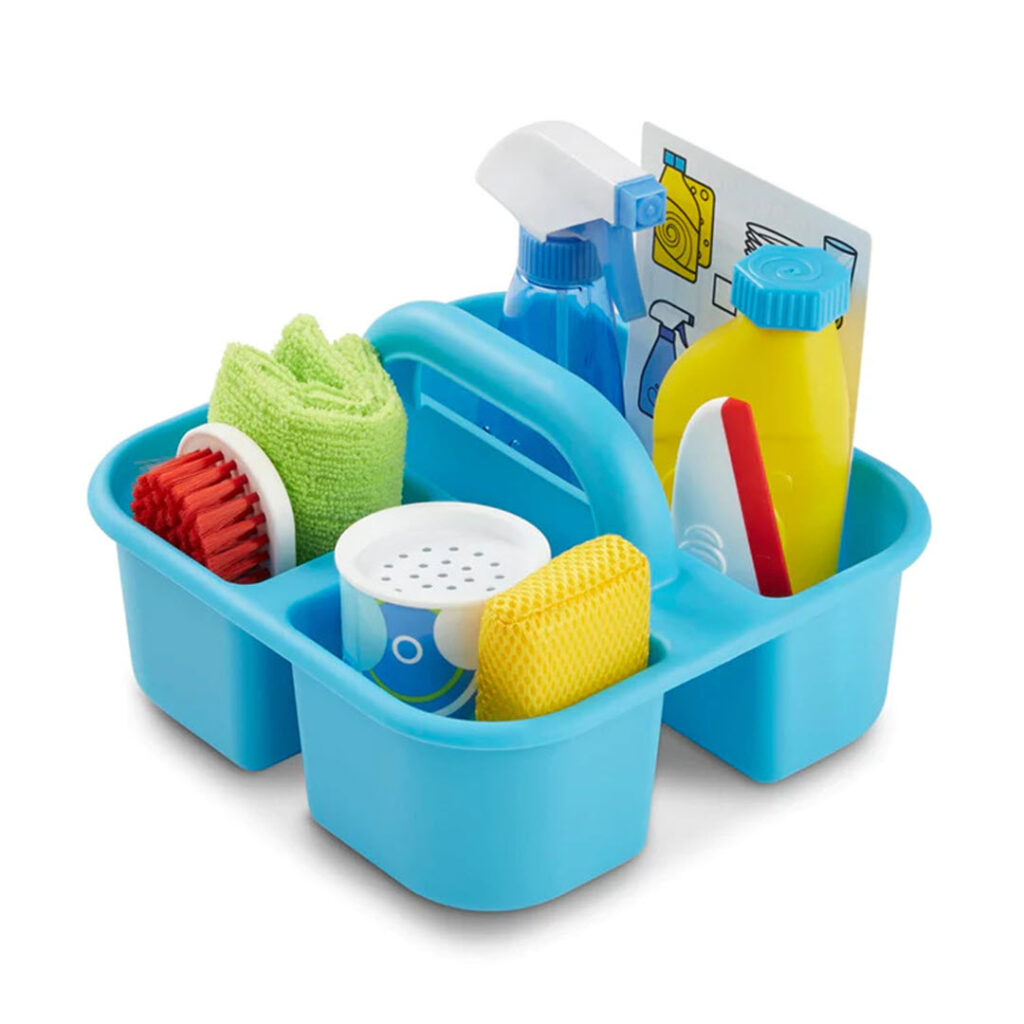
Any neat freak will appreciate a cleaning caddy. It supports the cleaning process and keeps cleaning products, and cleaning tools organized when not in use. Now that double the value!
You may also want to consider a gift that helps to make the air smell better.
Essential Oil Diffuser – This can make an outstanding gift (read the post).
With some research, you will find a valuable, practical, and thoughtful gift for your home-cleaning neat freak.
Tips for Choosing the Perfect Cleaning Gift
When choosing the perfect cleaning gift for the clean freak in your life, there are a few things to consider:
Consider their needs –Consider what cleaning tasks your clean-freak friend needs to do and what type of cleaning items they already have.
Think about their preferences – Consider the recipient’s style and preferences. For instance, if they prefer an eco-friendlier approach, you could get them a steam mop or a robotic vacuum cleaner.
Choose a practical gift – Cleaning gifts should be practical and useful. Choose something they’ll use rather than something that will just sit in a cupboard (creating clutter which is a no-no).
Consider your budget – Gifts that can be perfect for your neat freak can range from a few dollars to hundreds.
Gift something meaningful – The best cleaning gifts are practical and meaningful. Consider buying something that the recipient will appreciate and remember.
Conclusion – Tips for Choosing the Perfect Cleaning Gift
Cleaning gifts are a great way to show appreciation for someone and can also be incredibly practical. Cleaning gifts come in many forms, including cleaning tools, gadgets, and supplies.
Moreover, suppose you have experience with a particular gift. In that case, you can inform them of tips on using it and why you find it valuable. Personal experience goes a long way when deciding on your cleaning gift.
If You Are Still Stumped!
If you have given the idea of a worthy, functional, and practical cleaning gift some serious thought but are still unsure. Then consider an exceptional gift – a cleaning session by A Clean Vision.
We can relieve the stress of deciding on a special cleaning gift for the neat freak in your life. A Clean Vision has been helping homeowners of the Upper Valley keep their homes clean and tidy since 1993!
If you need help deciding on a cleaning gift or cleaning your own home or office, call us at 802-295-6065.






